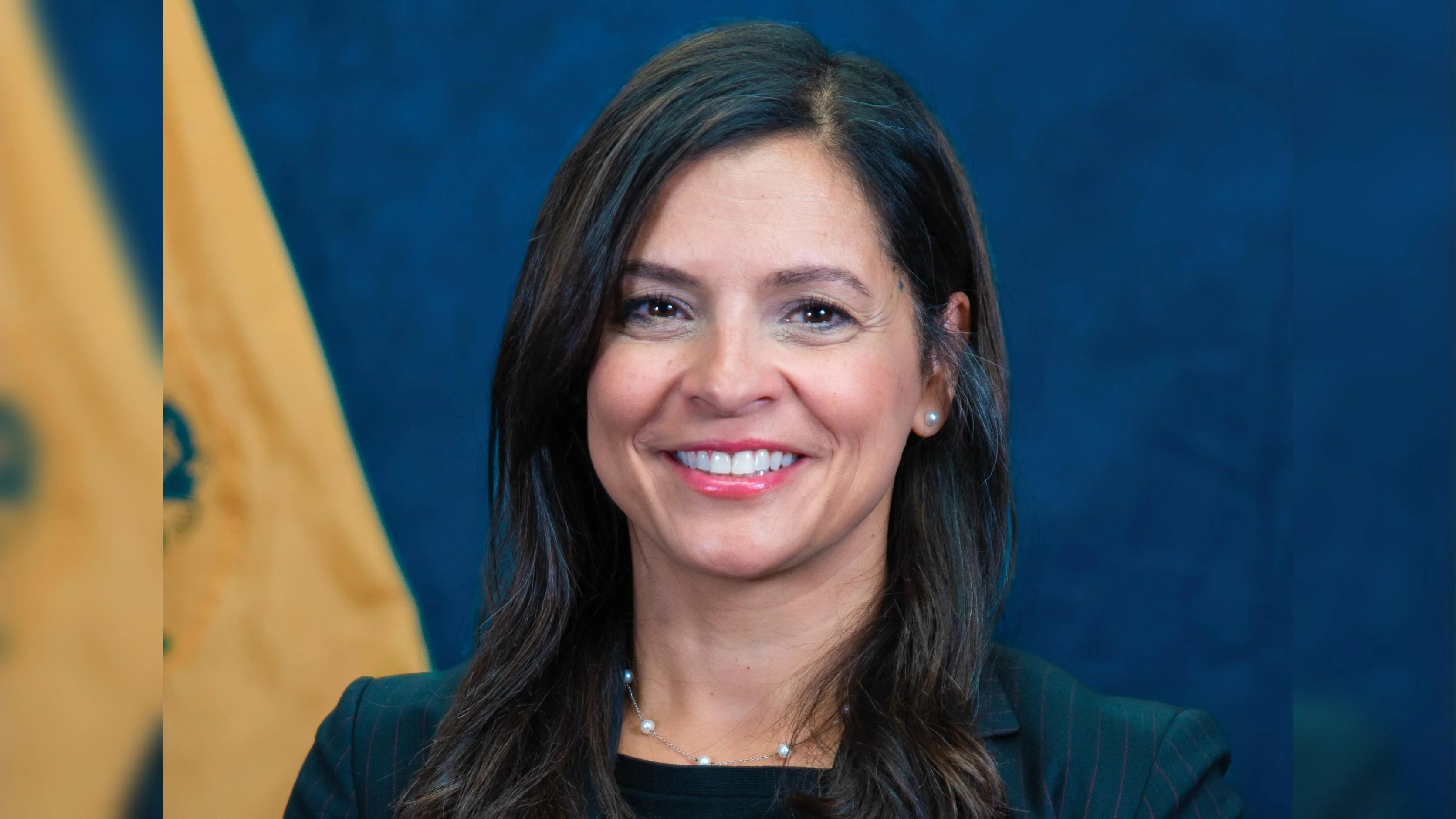
New Jersey has joined ten Northeast states in signing a memorandum of understanding (MOU) to enhance interregional transmission planning and development. This initiative aims to improve grid reliability and accelerate the clean energy transition.
Last year, a group of Northeast states requested the U.S. Department of Energy (DOE) to support a multi-state initiative called the Northeast States Collaborative on Interregional Transmission. This effort seeks to explore opportunities for increasing electricity flow between three different planning regions in the Northeast and assess offshore wind infrastructure needs.
The MOU was signed by New Jersey, Connecticut, Delaware, Maine, Maryland, Massachusetts, New Hampshire, New York, Rhode Island, and Vermont.
"New Jersey is not alone in experiencing increasingly frequent extreme weather events and record-breaking temperatures that threaten public health and safety," said New Jersey Governor Phil Murphy. "We are also not alone in our response to the intensifying climate crisis."
Christine Guhl-Sadovy, President of the New Jersey Board of Public Utilities (NJBPU), stated: "Now more than ever, our electric grid serves as the foundation from which we will continue to build our clean energy future."
Over the past year, the multi-state group has worked with DOE to develop the structure and scope of activities for the Collaborative. The MOU outlines an agreement to work together on interregional transmission infrastructure and establishes mechanisms for sharing information. Enhancing transmission ties between regions aims to lower costs for consumers through increased access to lower-priced energy and bolster reliability during periods of extreme weather.
The Collaborative also announced plans to produce a strategic action plan promoting interregional transmission projects for offshore wind resources off the Northeast coast. The action plan will identify barriers to such projects and provide actionable options for addressing them. Additionally, states will coordinate on technical standards for offshore wind transmission equipment to ensure future flexibility and interoperability.
About New Jersey’s Clean Energy Program (NJCEP):
Established on January 22, 2003, NJCEP provides financial incentives for high-efficiency or renewable energy technologies. It is overseen by NJBPU.
About the New Jersey Board of Public Utilities (NJBPU):
NJBPU ensures safe utility services at reasonable rates for New Jersey customers. It regulates critical services including natural gas, electricity, water, wastewater, telecommunications, and cable television.